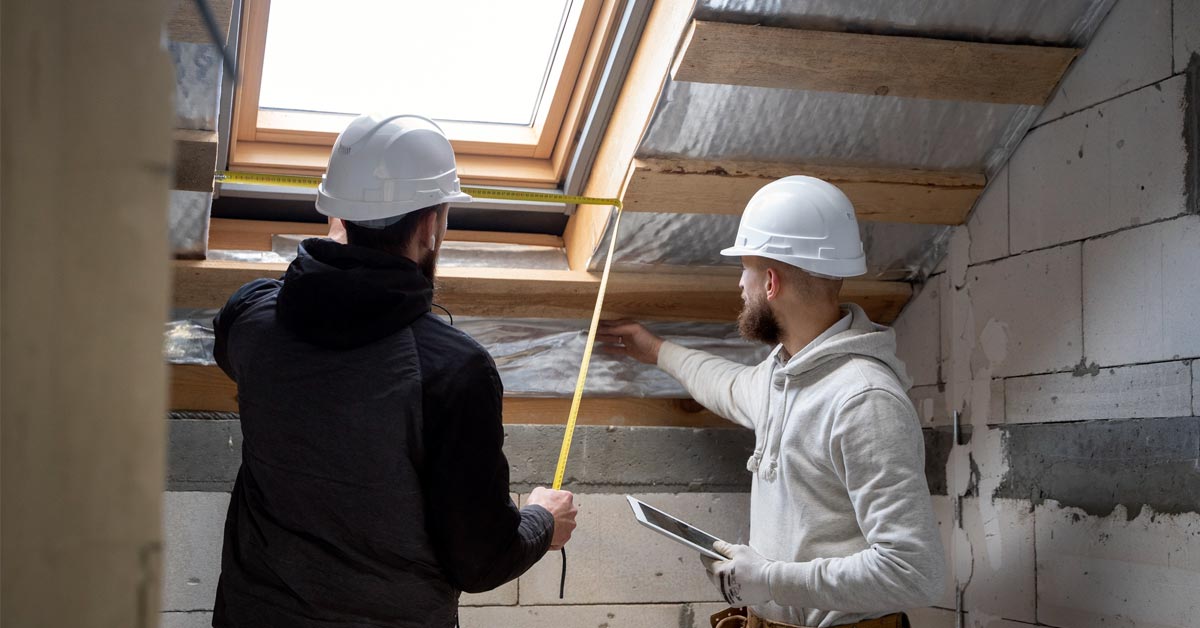In the grand scheme of sustainability, even the most seemingly mundane aspects of our homes can wield substantial influence. While flashy eco-friendly gadgets grab attention, there’s a silent champion quietly at work in our homes: insulation. Often underestimated, insulation maintains comfort and serves as a vital player in reducing our carbon footprint and safeguarding the environment.
1. Energy Efficiency: A Direct Path to Emission Reduction
Insulation forms a shield, halting heat loss in winter and heat gain in summer. Insulation slashes energy consumption by curbing the need for constant heating and cooling. This translates to diminished dependence on fossil fuels, ultimately slashing greenhouse gas emissions. Studies from the U.S. Department of Energy indicate that proper insulation can slash heating and cooling expenses by up to 20%, marking a significant leap in energy efficiency and environmental preservation. Insulate your loft for free and reap the benefits of enhanced energy efficiency while also aiding environmental preservation.
2. Resource Conservation: Extending Lifespans and Reducing Waste
Inadequate insulation strains heating and cooling systems, accelerating wear and tear. This prompts frequent repairs and replacements, guzzling resources and generating Waste. Effective insulation prolongs the lifespan of HVAC systems, curbing the frequency of replacements and minimizing the resource depletion, manufacturing, and disposal cycles, all of which contribute to environmental harm.
3. Air Pollution Alleviation: A Breath of Fresh Air
Inefficient heating and cooling systems squander energy and spew pollutants into the atmosphere. Burning fossil fuels for heating churns out carbon dioxide (CO2) and other noxious emissions, exacerbating air pollution and climate change. Insulation dials down the demand for perpetual heating and cooling, thereby dialing back emissions linked to energy generation. By enhancing indoor air quality and trimming reliance on polluting energy sources, insulation emerges as a pivotal force in combatting air pollution and safeguarding both human health and the environment.
4. Water Resource Preservation: A Ripple Effect of Efficiency
Energy production is a heavy hitter in both greenhouse gas emissions and water consumption. Power plants, particularly those reliant on fossil fuels, gulp down copious amounts of water for cooling. By scaling down energy usage via insulation, we indirectly conserve water resources, as reduced energy demand translates to less reliance on water-intensive power generation methods. Preserving water is critical for ecosystem balance, agricultural sustainability, and ensuring universal access to clean water.
5. Taming Urban Heat Islands: Cooling the Concrete Jungle
Urban areas trap heat, resulting in temperatures higher than those in surrounding rural regions—a phenomenon known as the urban heat island effect. Ill-insulated buildings exacerbate this effect by absorbing and retaining heat, exacerbating urban heat. Enhanced insulation in homes and buildings can help mitigate this effect, slashing energy demand for cooling and enhancing overall comfort. This benefits the environment and fosters public health and well-being in urban locales.
Conclusion
Every decision concerning our homes carries weight in the pursuit of a sustainable future. Insulation may seem like a modest investment, but its environmental impact is profound. From trimming energy consumption and emissions to conserving resources and combating pollution, robust insulation serves as a linchpin in fostering a healthier planet for present and future generations. Let’s embrace insulation as a stalwart ally in our collective journey toward a greener, more sustainable world.






